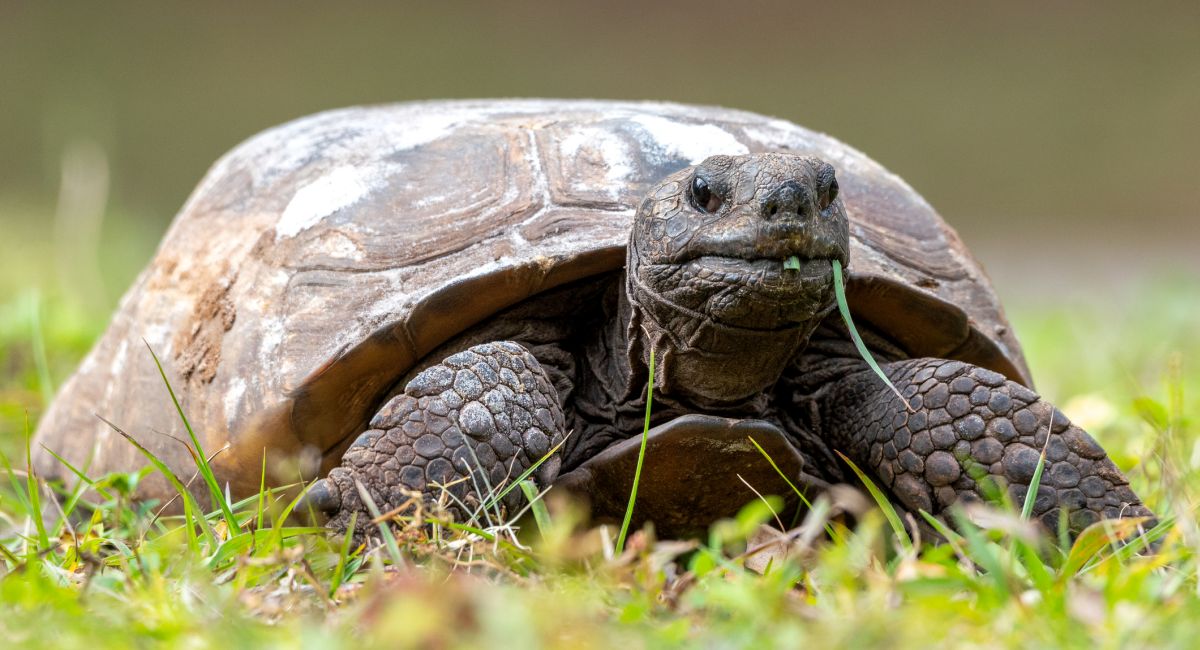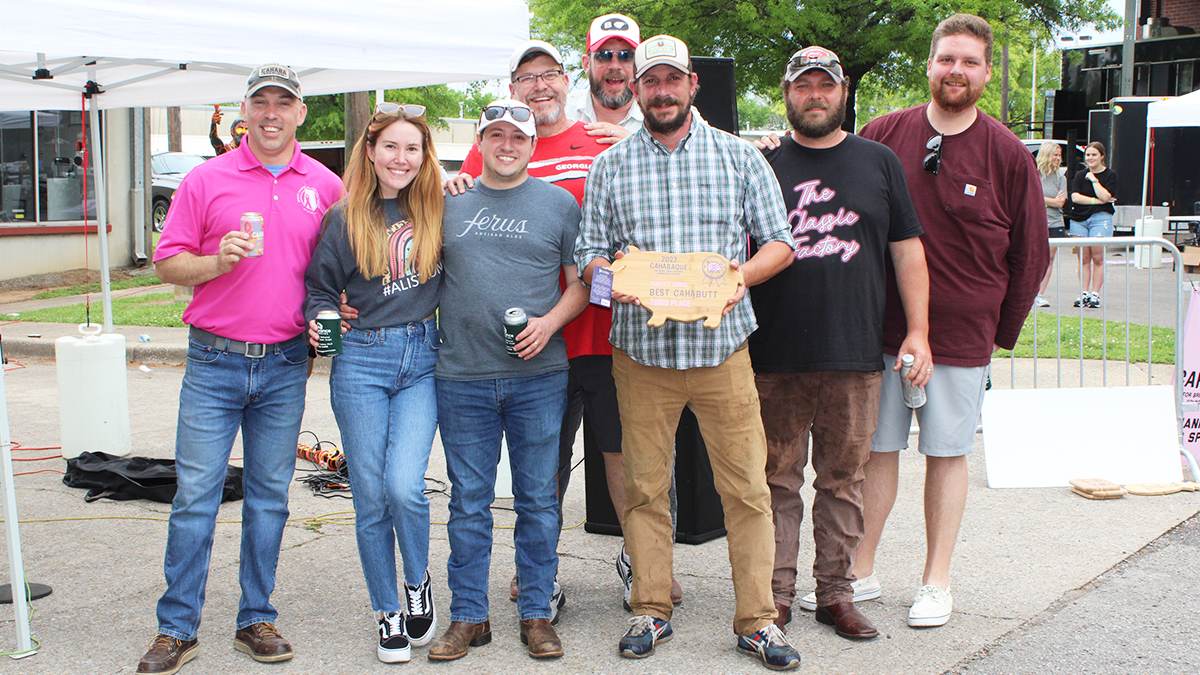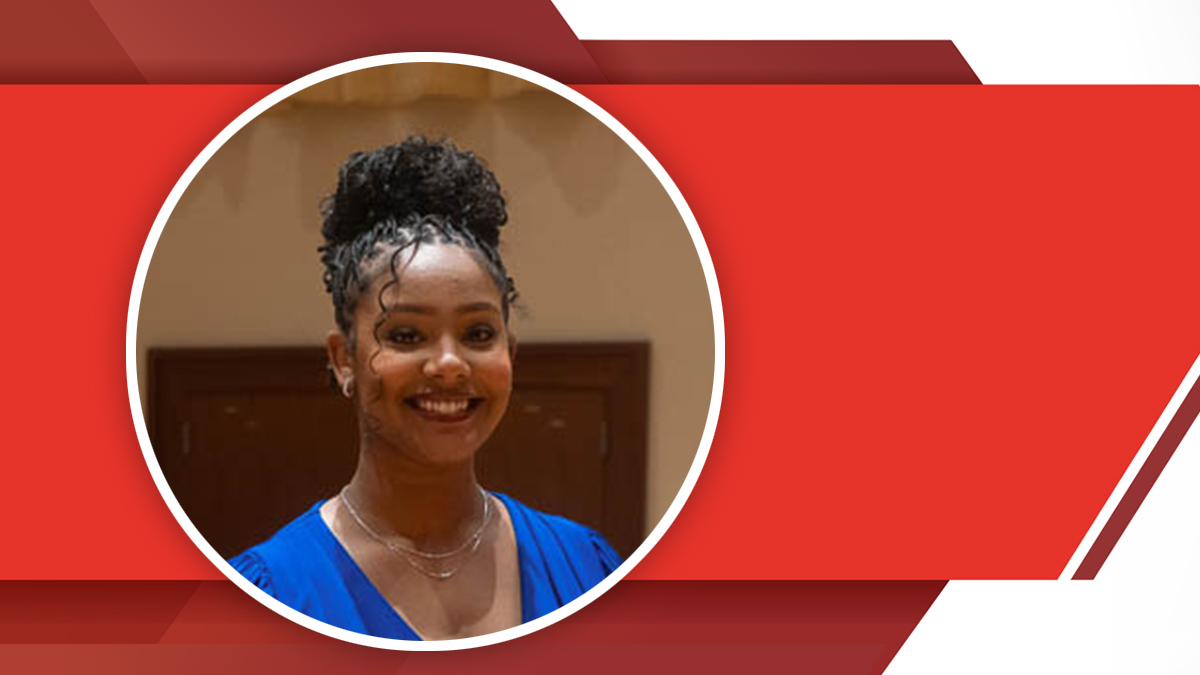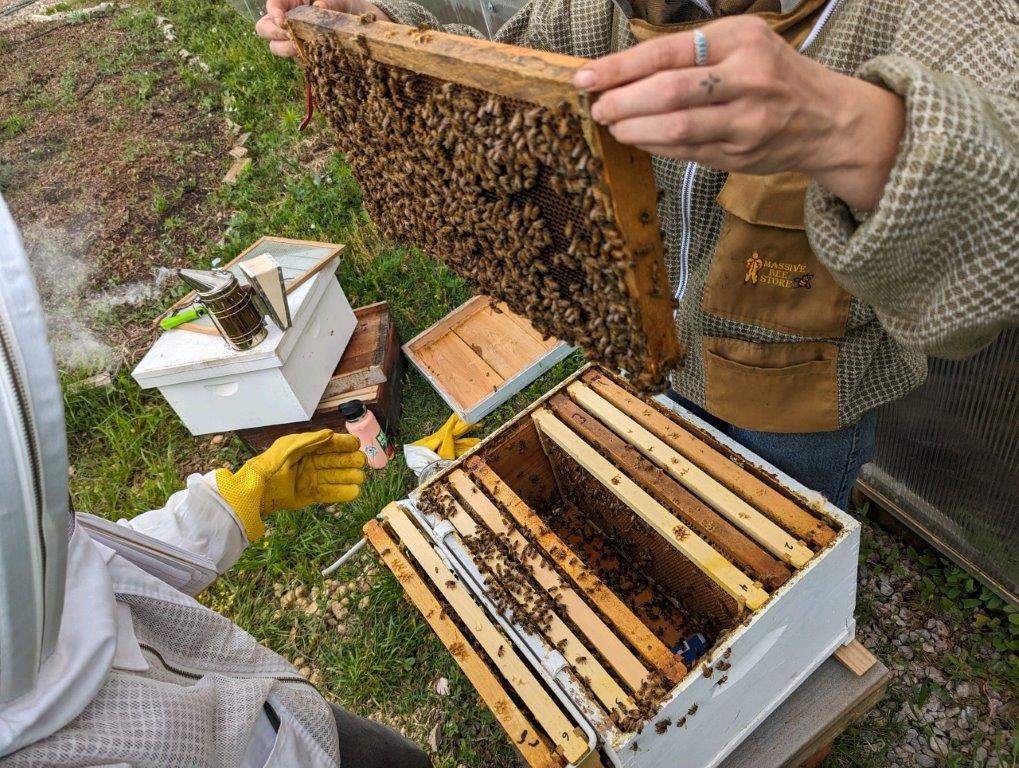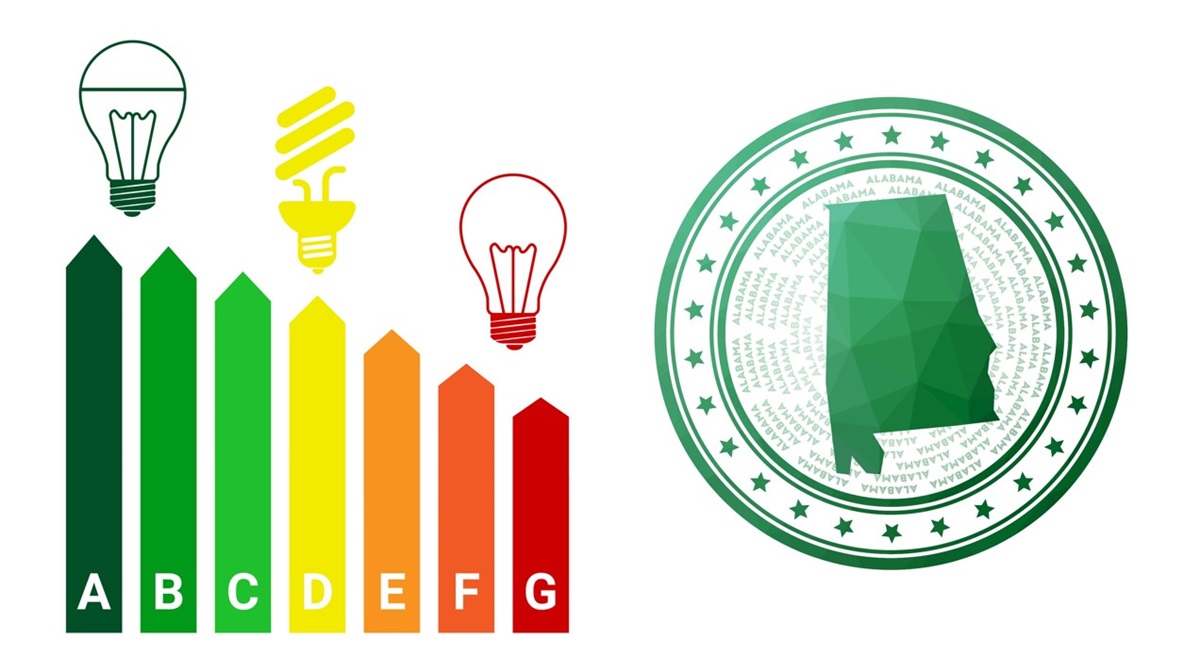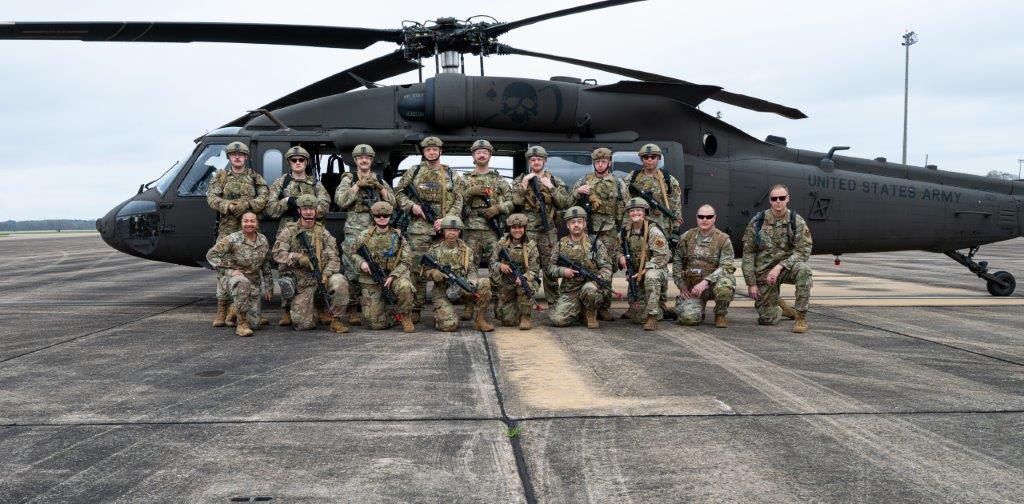Birmingham hosting Jerry Malloy Negro League Conference June 2-4

The Rev. Bill Greason, left, the oldest living Negro League player, is expected to attend the Malloy Conference awards banquet. (contributed)
The Jerry Malloy Negro League Conference is an annual event that has been put on by the Negro Leagues Committee of the Society for American Baseball Research (SABR) since 1998. SABR notes that it is “the only symposium dedicated exclusively to the examination and promotion of Black baseball history.” According to baseball historian John Thorn, the conference was named to celebrate Jerry Malloy (1946-2000), who was known as a trailblazing Negro League researcher and writer.
In 2020, Birmingham was scheduled to host the 21st edition of the conference, which was set to coincide with the 100th anniversary of the founding of the Negro National and Negro Southern Leagues. Unfortunately, the pandemic caused the cancellation of the event. After a virtual seminar in 2021, the conference is set for June 2-4 at the Sheraton Birmingham Hotel in Birmingham. This will be the first in-person Malloy Conference since Major League Baseball recognized seven Negro Leagues as being major leagues.

(contributed)
We recently interviewed Ted Knorr, who is one of the organizers of this year’s conference. In the late 1990s, Knorr joined with other members of SABR’s Negro League Committee, including Larry Lester, Dr. Leslie Heaphy, John Holway, James Riley, Dick Clark and Malloy to start the conference.
Knorr is excited to visit Rickwood Field for the first time, to photograph the park and have a catch on the field if he “can find some trusting partner who doesn’t mind chasing balls.”
Knorr knows something about classic ballparks. He was born in Pittsburgh, Pennsylvania, not far from the former sites of Greenlee Field (home of the Crawfords) and Forbes Field (home of the Pirates and Homestead Grays and the primary model for Rickwood).
Birmingham previously hosted the conference in 2010 and a return visit was a natural fit for Malloy. Knorr noted the success of the previous event, which included a tour of Rickwood for attendees, “a capable local committee (and) the opening of the Negro Southern League Museum, (which) provided a strong basis for a return to Birmingham. Our goal is to be in cities that hosted Negro League teams. (Birmingham) had a Negro League team; in fact, only four other Negro League teams had a longer history (in terms of Negro League games played) than the Black Barons.”
Knorr also cited the Birmingham Civil Rights Institute, the Sixteenth Street Baptist Church and the Alabama Sports Hall of Fame as important attractions for attendees. The Civil Rights Institute is hosting an exhibit of photographs of former Negro League players and Rickwood Field by Bill Chapman, a veteran documentary photographer from Cambridge, Massachusetts. The Color of Baseball exhibit will include images by Ernest Withers, Teenie “One Shot” Harris and Moesia Davis and runs from June 1-17.
Knorr added, “I remember the cuisine to be excellent. Birmingham represents the new South very well and I look forward to the conference.”
Knorr expects about 100 attendees will come to the Magic City from at least 25 states to attend the conference. This will have a measurable and positive economic impact on the community, including the potential for several hundred room nights in local hotels as well as a benefit for local restaurants. However, Knorr noted that “there is a better return on exposure than economic impact, but that depends of course on how the local community markets itself and can exploit that publicity.”
Lamar Smith, a member of SABR, the Friends of Rickwood and the leader of Malloy’s local committee, is also excited about the event’s return to Birmingham. Smith was instrumental in getting the conference to come back but was quick to credit others in a team effort.
“Friends of Rickwood Chair Gerald Watkins and the FOR executive committee were very encouraging when I mentioned that I was thinking about preparing a bid proposal for the conference to come to Birmingham,” Smith said. “The Negro League Southern Museum was a key component for our proposal and the museum had not been built when the conference came to Birmingham in 2010. Alicia Johnson-Williams and Dr. Layton Revel could not have been more supportive.”
Johnson-Williams is the museum’s director, while Revel is founder and executive director of the Center for Negro League Baseball Research and put together and leads the museum’s research team.
Smith looks forward to the opportunity “to honor the participants of 100 years of Negro League baseball … (and) I’d expect attendees are going to be blown away by the Negro Southern League Museum. (They) will not want to leave the museum.”
Smith also credited local government and corporate communities for the financial success of the conference. “Alabama Power, the Jefferson County Commission, Spire, Protective Life Foundation, Birmingham Coca-Cola and the City of Birmingham could not have been more generous in their support.”
Smith noted that the Greater Birmingham Convention & Visitors Bureau will provide staff to assist with registration and provide each attendee with a goody bag.
Jeb Stewart is an attorney with Austill, Lewis, Pipkin & Maddox P.C. of Birmingham. He is a board member of the Friends of Rickwood Field and is co-president of the Rickwood Field Chapter of the Society for American Baseball Research (SABR). He edits the Friends’ quarterly newsletter, Rickwood Tales, and has written several biographies for SABR’s Baseball Biography Project. This article first appeared in Rickwood Tales.






